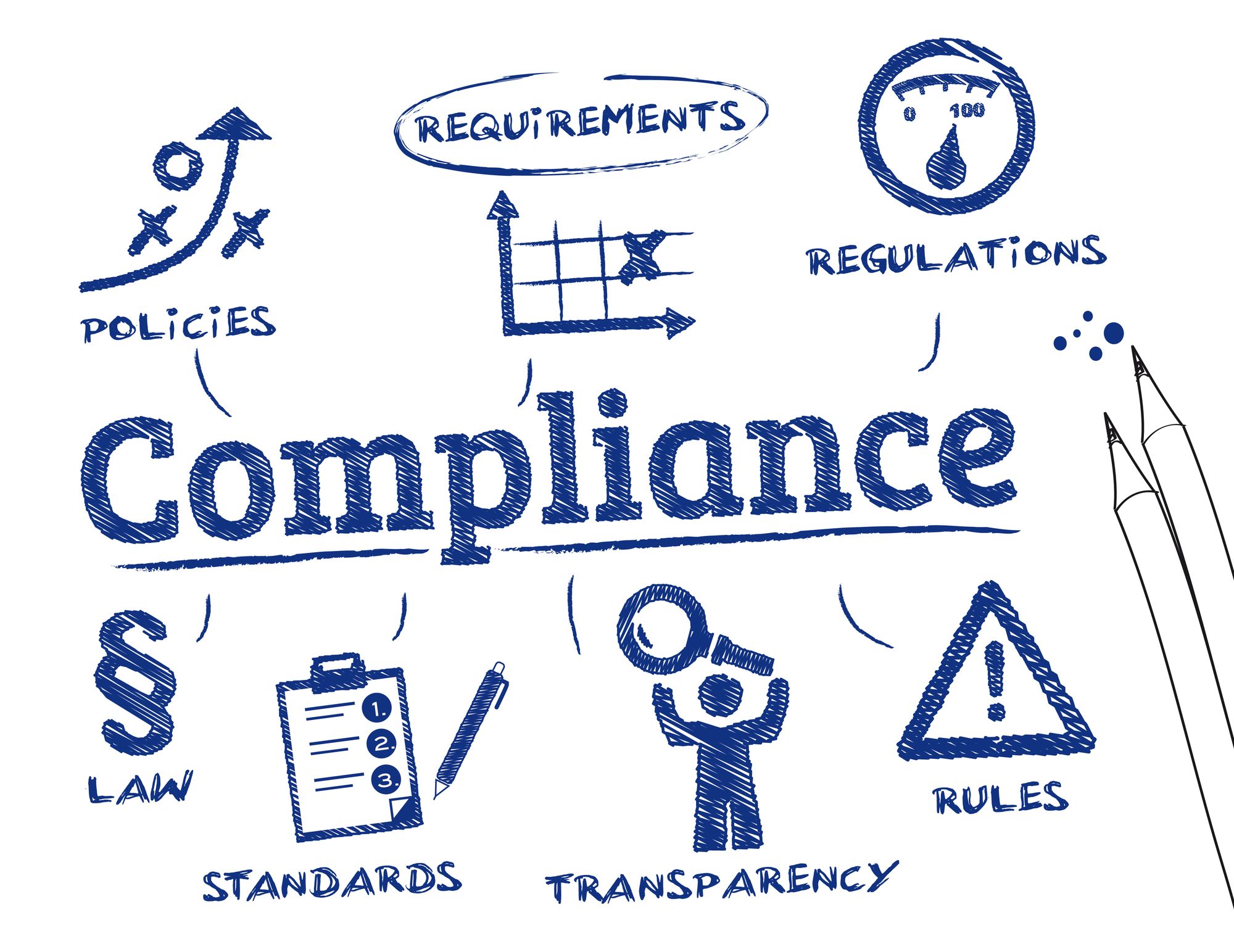Jim Rogers is an American-born businessman which is recognized as one of the giants of Wall Street had moved to Singapore in 2007. He already discovered that Singapore is a global business magnet that offers an incredible quality of life to its residents, and has only begun to assume its position as a world leader in finance and business. So why choose Singapore to Set Up your business?
Many words such as “comfortably diverse,” “I love taxes here,” “safe living environment,” “cutting-edge business community” and “relaxed, stable lifestyle,” all of which are used to describe Singapore and are critically important to interested parties in making a major life change.
Singapore has a tremendous amount to offer the international business community with a unique and fascinating lifestyle and culture. Below is a list that further indicate why corporations, entrepreneurs and ventures of all sizes would consider Singapore the perfect location to start up their company or business:
- Third wealthiest nation in the world ranked by Forbes magazine.
- Third most globalized economy among 60of the world’s largest economies in therecently release Ernst and Young 2011 Globalization Index
- Rated #1 as the most politically stable country in Asia
- Rated #1 as the best labor force in the world
- Best quality of life in Asia
- For profits $300k and below 8.5% corporate tax rates and 17% flat above that.
- No dividend or capital gains taxes
- No estate/death/inheritance tax in Singapore
- 0% personal tax rates and max out at 20% above $320K
Derek Sivers, a fellow American expatriate agrees that Singapore feels like a small town in a big city and has the advantages of both therefore it is a great place to set up a business.
After just one visit to Singapore, Sivers and his wife decided to put down roots here as they travelled all over the world looking for the perfect place to call home.
Singapore’s Strategic Location
One major reason why businesses like to start up in Singapore would be its convenient location. As it is situated in the heart of Southeast Asia, your business would have access to a market of 2.8 billion people within a few hours flight. In addition, Singapore is classified as a premier International Maritime Center and has one of the busiest ports in the world.
Singapore’s Changi Airport emphasis on competitiveness, efficiency and service has helped made it the “Best Airport in the World” for 20 consecutive years. Annually, Changi Airport serves over 15 million passengers and provides businesses with smooth access to all major Asian markets.
Singapore Means Business
Singapore is capable of attracting sizable foreign investments and business entrepreneurs as it is known for its pro-business environment. In Singapore, it is easy to turn your ideas into businesses with ease and achieve significant profits. Which is the opposite of many Western nations, it only takes about 1-2 days to incorporate a company in Singapore, and the government also provides assistance along the way. To say it simply, Singapore is the easiest place in the world to manage and set up a business.
For more information on Singapore’s exciting economic environment, refer to our Singapore Economy page.
Singapore’s Outstanding Tax System
Taxes are the top considerations for setting up a business anywhere in the world and are at the top of the agenda for any entrepreneur. One of Singapore’s unique strengths is its low effective personal and corporate tax rates. Personal income tax’s tier system starts from just 0% and goes up to 20% for income above S$320,000.
Similarly, effective corporate tax rate for Singapore private limited companies for profits are capped at a flat rate of 17% for profits above S$300,000 and below 9% for up to S$300,000. Singapore adopts a single-tier tax policy which means that if income has been taxed at the corporate level, shareholders would not be taxed for receiving dividends as there are no capital gains taxes in Singapore.
Goods and Services Tax (GST) is a broad-based consumption tax that was adopted by the government as an effort to move away from a dependency on income taxes and to make the economy even more competitive. Singapore GST rates are at 7% which is ranked below the global average VAT/GST rate of 16.4% and the Asia-Pacific average of 10.5%.
To know more about taxes in Singapore, refer to Singapore Taxation page.
Flexible Immigration Policies
Foreign nationals who wish to setup businesses and relocate in Singapore will be aided by Singapore’s open Immigration policy. The government has foreseen the needs of entrepreneurs that need to locate to run their business or to hire foreign professionals and made appropriate Singapore work visa provisions.
To support value adding individuals to settle permanently in Singapore, Singapore has made it easier for foreign professionals to gain Singapore Permanent Residence (PR) status by having a relaxed immigration policy.
Comprehensive Intellectual Property Protection
In Singapore, IP protection is taken seriously and Singapore is a one-stop center for businesses seeking to manage their IP assets. Singapore has been ranked top in Asia by The World Economic Forum (WEF), the Institute for Management Development (IMD) and the Political Economic Risk Consultancy (PERC).
It is a criminal offense for a person or company to conduct willful copyright infringement as Singapore has very strong copyright laws.
Singapore businesses can register a trademark in Singapore or also file for global trademark registration from Singapore as the country is a signatory to major IP conventions and treaties, such as the Paris Convention, Patent Cooperation Treaty, Berne Convention, Madrid Protocol, Budapest Treaty, Agreement on Trade-related aspects of IP rights, and World Intellectual Property Organization.
An Honest and Open Government
Supportive political infrastructure is needed for business to grow and thrive. Singapore’s political system adopts a pro-business approach which decides priorities, enact laws and set regulations rationally. Singapore’s government vision would be to take this nation to the front of the industrialized nations while being in order and stable.
For more information, please refer to the parliament of Singapore page.
The World’s Best Labour Force
A key ingredient for the success of any business would be an attractive, world-class, and production work-force. Singapore is primarily a knowledge-based economy and its manpower force is educated and professionally qualified. Singapore’s workforce is identified as having high level of education, technical proficiency, and high productivity, work-hard and work-smart culture. Singapore workforce attracts professionals from all over the world as it is both international and cosmopolitan and bring with them business expertise and extensive knowledge.
Singapore boasts of the “Best Labour Force in the World” in the latest rankings as an added inducement for entrepreneurs and employers that are interested in starting up a business or creating a branch office.
A Higher Quality of Life
One of the top concerns for foreign-born professionals and entrepreneurs whom setup businesses and relocate to Singapore would be the quality of life as they relocate with their family as well.
Singapore residents can enjoy many benefits like an wide selection of cultural and education opportunities, convenient transport, safe and healthy environment, an outstanding support system for businesses and excellent schools.
For an overview about Singapore’s quality of life, see Quality of Life in Singapore page.





